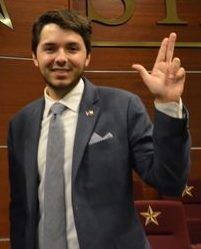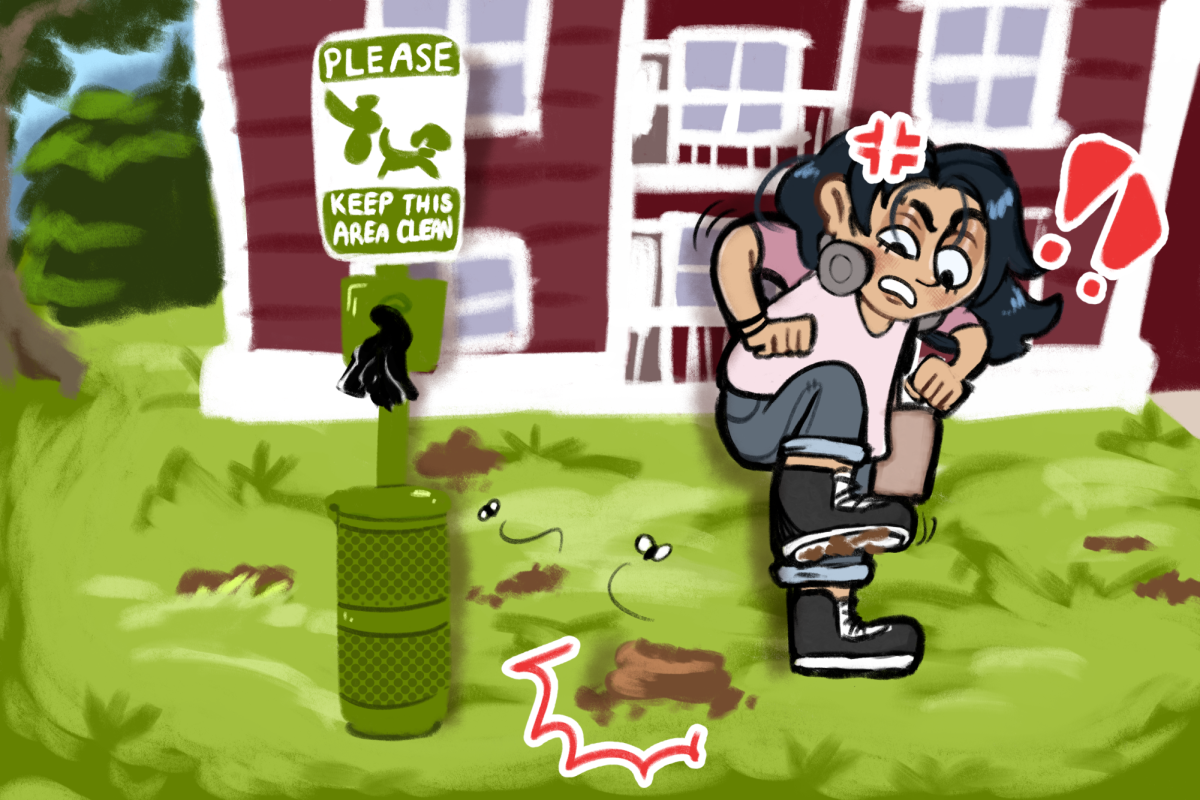As recent events both on and off campus demonstrate, race remains a hot-button political issue. Historical oppression and privilege still affect us today, shaping key debates over issues like gerrymandering, criminal justice and civil rights.
It is for this reason political movements across the country have been dedicated to fighting for the liberties of underrepresented disadvantaged groups like LGBTQIA+, Latinos, African Americans and Muslims. From the women’s marches around the country to Texas State’s own march on Student Body President Connor Clegg, social justice groups have mobilized in force to show their voices matter, and they are willing to do what is necessary to dismantle oppressive systems.
However, in recent years some of these movements have adopted frighteningly authoritarian tendencies. Calls for censorship of unpopular or non-PC opinions, advocacy for gun control, and support for selective definitions of racism presenting the claims of “oppressed” groups as infallible have become increasingly popular. Though the frustration that exists with the status quo is understandable, the social justice movement needs to be careful not to inadvertently support or even become what it is fighting. Ending oppression requires abolishing power structures, not reversing or enhancing them. It is important to always keep precedent in mind.
In Robert Bolt’s play, “A Man for All Seasons,” St. Thomas Moore is engaged in dialogue with Roper, another character. Responding to Moore’s claim that even the devil should go free so long as he does not break the law, Roper says he would cut down every law in England to go after the devil. St. Moore responds with “Oh? And when the last law was down, and the Devil turned ’round on you–where would you hide, Roper, the laws all being flat?” The concept illustrated here is one of precedent: the idea that behavior, policy and legal decisions now set the stage for similar actions in circumstances later, and forces of good or evil operate under the same precedent.
Those who support limitations on constitutional rights for the sake of social justice fall into the same trap of cutting down every law to go after the devil. It often becomes tempting to limit the right of people to express views or engage in activities we perceive as being offensive or racist. For example, criminalization of hate speech or government censorship of media may be policies that give us comfort, feeling that we are limiting the platform of bigots and shaping narratives in favor of political allies on the right side of history.
The fallacy behind this, however, is this rationale overlooks that people in power enforce laws, who is in power is constantly changing and limitations work both ways. Essentially, criminalization of hate speech, censorship, and other authoritarian policies would set the precedent it is acceptable for those in power to decide what kind of politics to allow, and what to prohibit. This seems all fine and well when just leaders are in power, but what occurs when racist authoritarians seize the White House, Congress, or even the courts? The answer is those same powers may be used by oppressors, standing on the very legal and philosophical framework built to contain them. When it comes to the Bill of Rights and social justice, the focus ought to be on expanding protections and rights to cover those who may currently be excluded.
The way to liberate populations facing oppression is to empower them. The Constitution may protect the rights of those we don’t like to speak their minds, carry guns, or avoid prosecution without due process, but it also protects our right to speak out against them, bear arms for our own self-preservation, and defend against arbitrary and racially motivated accusations against ourselves. Ending privilege and oppression is a matter of placing reasonable limitations on power and ensuring it is distributed fairly. Erecting authoritarian systems lays the groundwork for a great reversal in progress–one that would make Martin Luther King, LBJ, and Abraham Lincoln turn in their graves. Our nation has a lot of progress to make, but it must march forward with prudence and foresight.
– Preston Nieves is a candidate for student body president. The publication of this column is not an endorsement from The University Star.
Categories:
Nieves-Sears: Legal precedents support social justice
February 15, 2018

Preston Nieves (left) and Christian Sears (right) are running for Student Goverment president and vice president
Photo by Jakob Rodriguez | Assistant News Editor
0
Donate to The University Star
Your donation will support the student journalists of Texas State University. Your contribution will allow us to purchase equipment and cover our annual website hosting costs.
More to Discover











